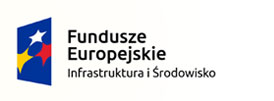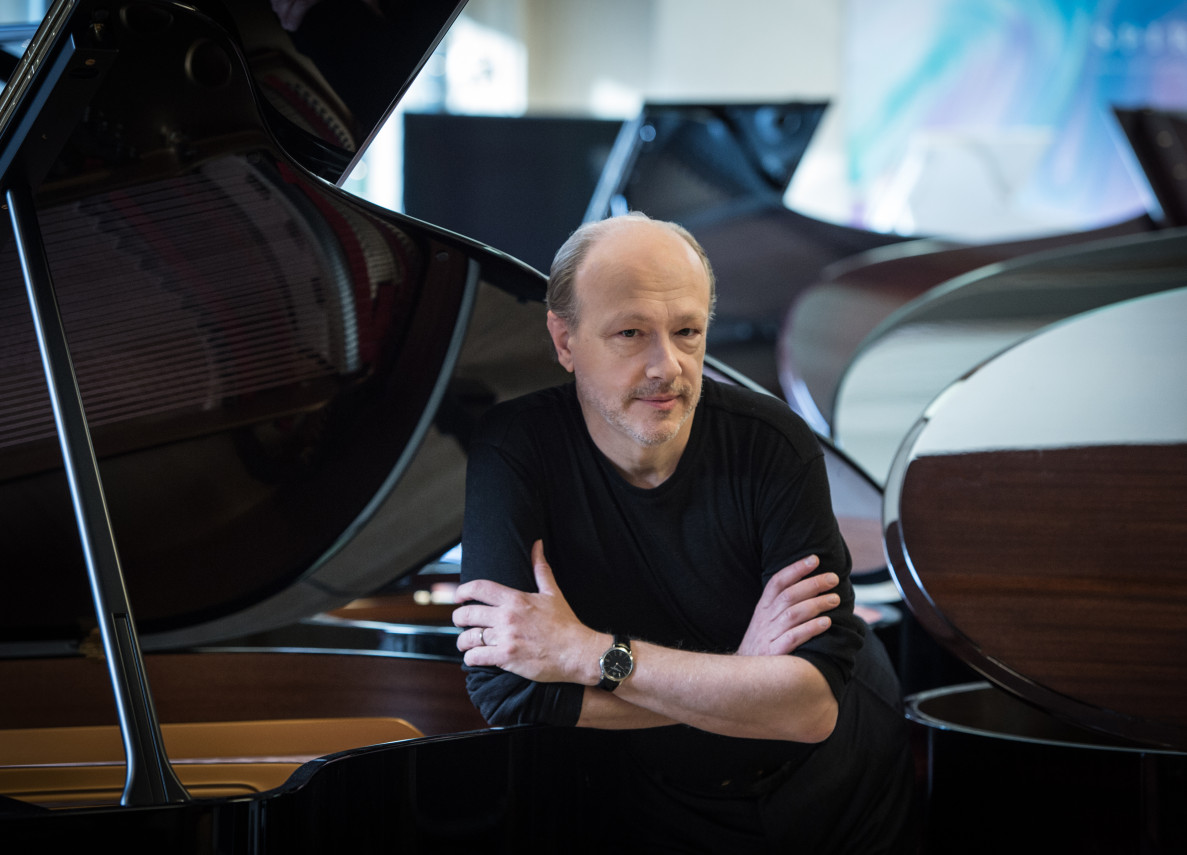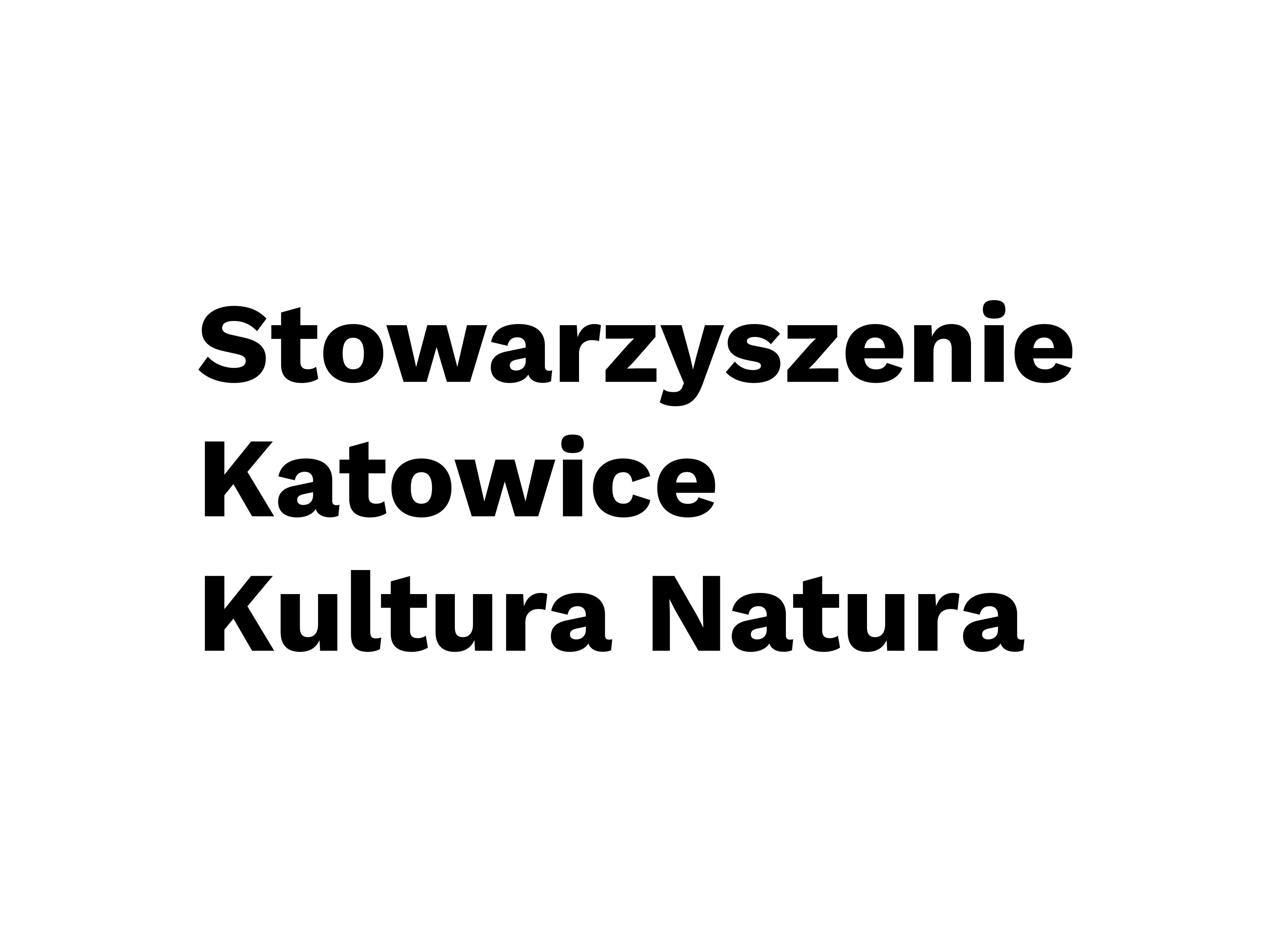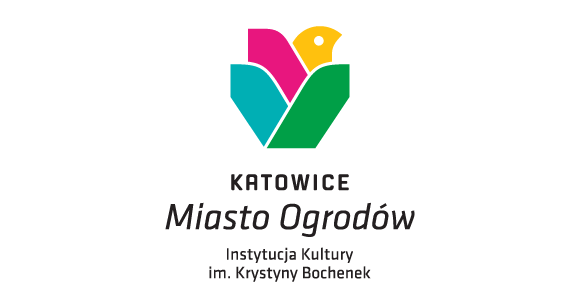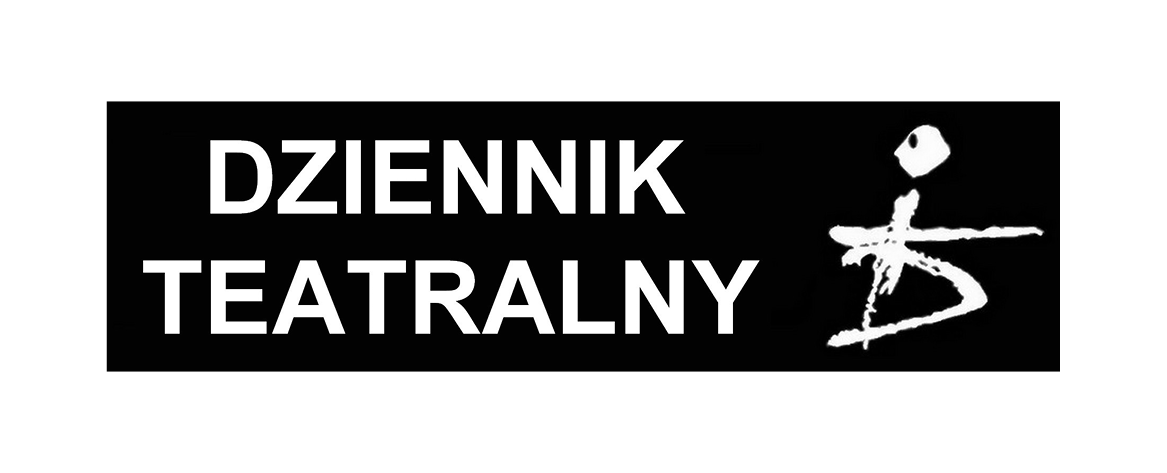Recital: Marc-André Hamelin / Katowice Culture Nature Festival - NOSPR
Recital: Marc-André Hamelin / Katowice Culture Nature Festival
The „Concord” Piano Sonata (1912) is a legendary work indeed. It was a tribute paid by Charles Ives to the group of American philosophers and writers, known as transcendentalists, who lived and worked in the eponymous New England town. Their names serve as titles of the consecutive movements of the sonata: Emerson, Hawthorne, The Alcotts, Thoreau. It was them who transplanted the following ideas of European Romanticism into American soil: a pantheistic experience of Nature, the rule of self-reliance, as well as an optimistic conviction about the spiritual evolution of the cosmos, which could be considered a modern mutation of the music of the spheres. The musical emblem of the „Concord” Sonata is the Beethovenian „fate motif” – introduced in order to demonstrate the power of the human spirit, capable of controlling fate itself. The music, permeated with fantasy and freedom, does not adhere to formal patterns, nonetheless retaining the narrative framework of a sonata cycle.
Nature’s charm is also ubiquitous in Robert Schumann’s Forest Scenes (1849). Visionary and fantastic elements (such as the miniatures Haunted Place, Bird as Prophet) neighbour light realistic genre pictures (Hunters on the Lookout, Wayside Inn). The whole is framed with the Entry and the Farewell – the latter in a quasi-improvisational style, slightly resembling the poetic postludes which crowned Schubert’s early piano cycles.
In Gaspard de la nuit (1908), Maurice Ravel reached for Aloysius Bertrand’s collection of poetic prose, in which the ethereal poetics of symbolism avantlalettre clashes with the irony of the disenchanted world. Ondine depicts a siren who appears to a poet contemplating raindrops rolling down a windowpane. Le Gibet is an image of a corpse hanging from gallows swinging in the red evening sun. Scarbo is a malicious gnome which does not let the poet sleep. The devices Ravel employed here come from 19th-century music’s repertoire for showing supernatural beings – an „elfish” lightness in figuration and a „diabolical” repetition.
Marcin Trzęsiok
Concert duration (intermission included): approximately 120 minutes
Tickets:
We encourage to purchase festival carnet with a discount (20% for at least three concerts and 25% for at least five concerts).
Check out the side events of the Katowice Culture Nature Festival!
Upcoming events
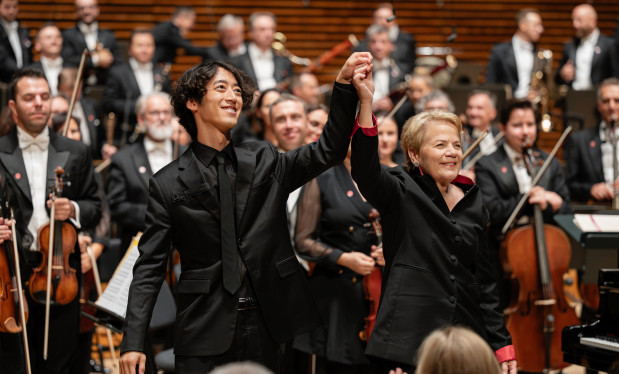
Japan tournée / NOSPR / Marin Alsop / Hayato Sumino / Masaya Kamei
Tokyo - Tokyo Opera City
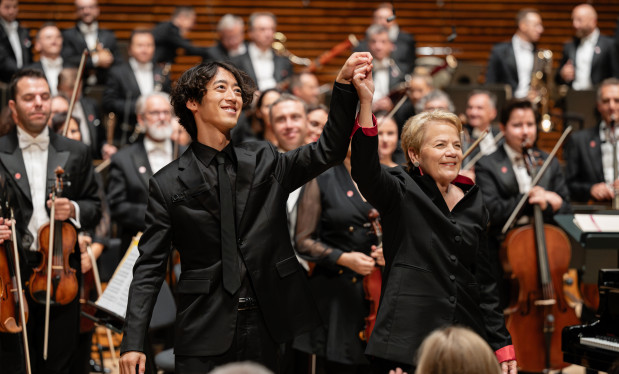
Japan tournée / NOSPR / Marin Alsop / Hayato Sumino
Tokyo - AUBADE Hall
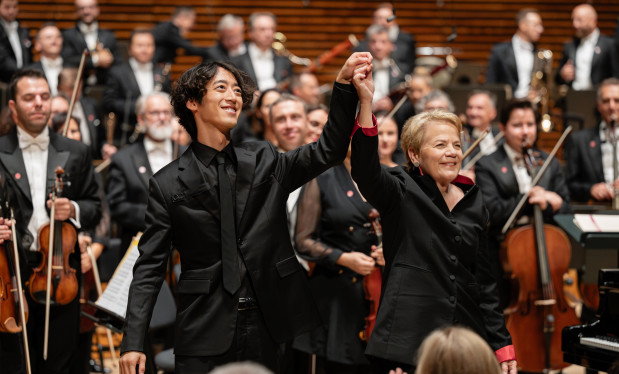
Japan tournée / NOSPR / Marin Alsop / Hayato Sumino
Osaka – The Symphony Hall
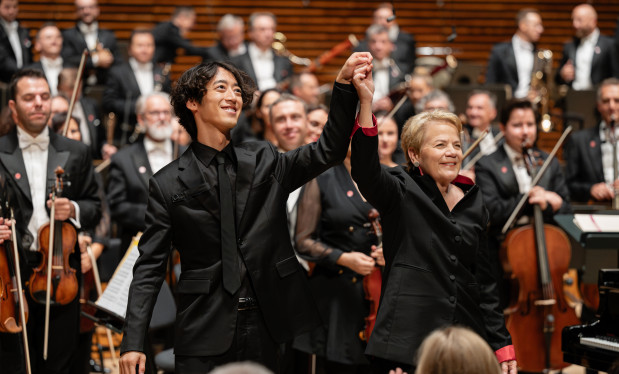
Japan tournée / NOSPR / Marin Alsop / Hayato Sumino
Kurashiki Shimin Hall
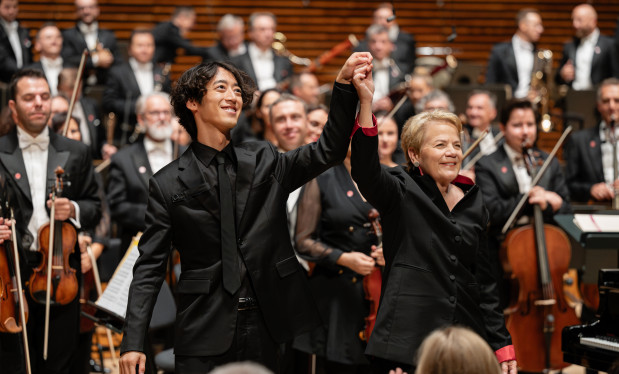
Japan tournée / NOSPR / Marin Alsop / Hayato Sumino
Yokohama - Minato Mirai Hall
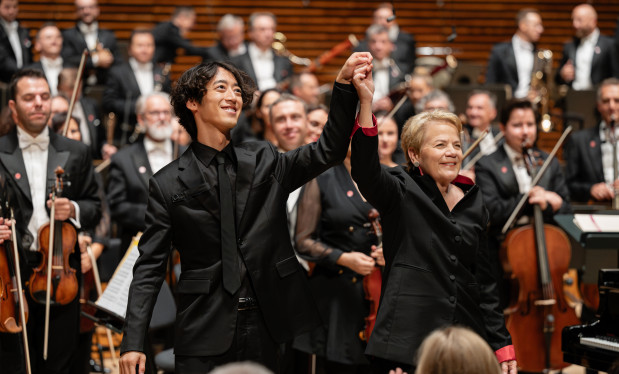
Japan tournée / NOSPR / Marin Alsop / Hayato Sumino
Tokio – Suntory Hall
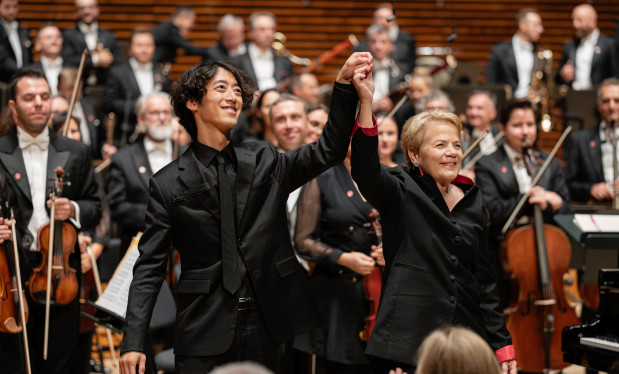
Japan tournée / NOSPR / Marin Alsop / Hayato Sumino
Nagoja – Aichi Prefectural Art Theater

Japan tournée / NOSPR / Marin Alsop / Hayato Sumino
Saitama - Tokorozawa Muse
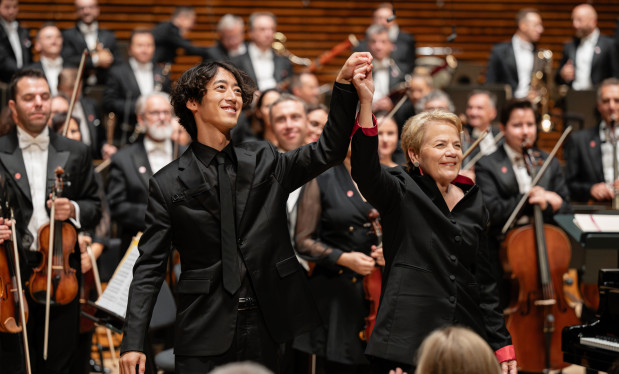
Japan tournée / NOSPR / Marin Alsop / Hayato Sumino
Chiba - Ichikawa Shimin Hall
